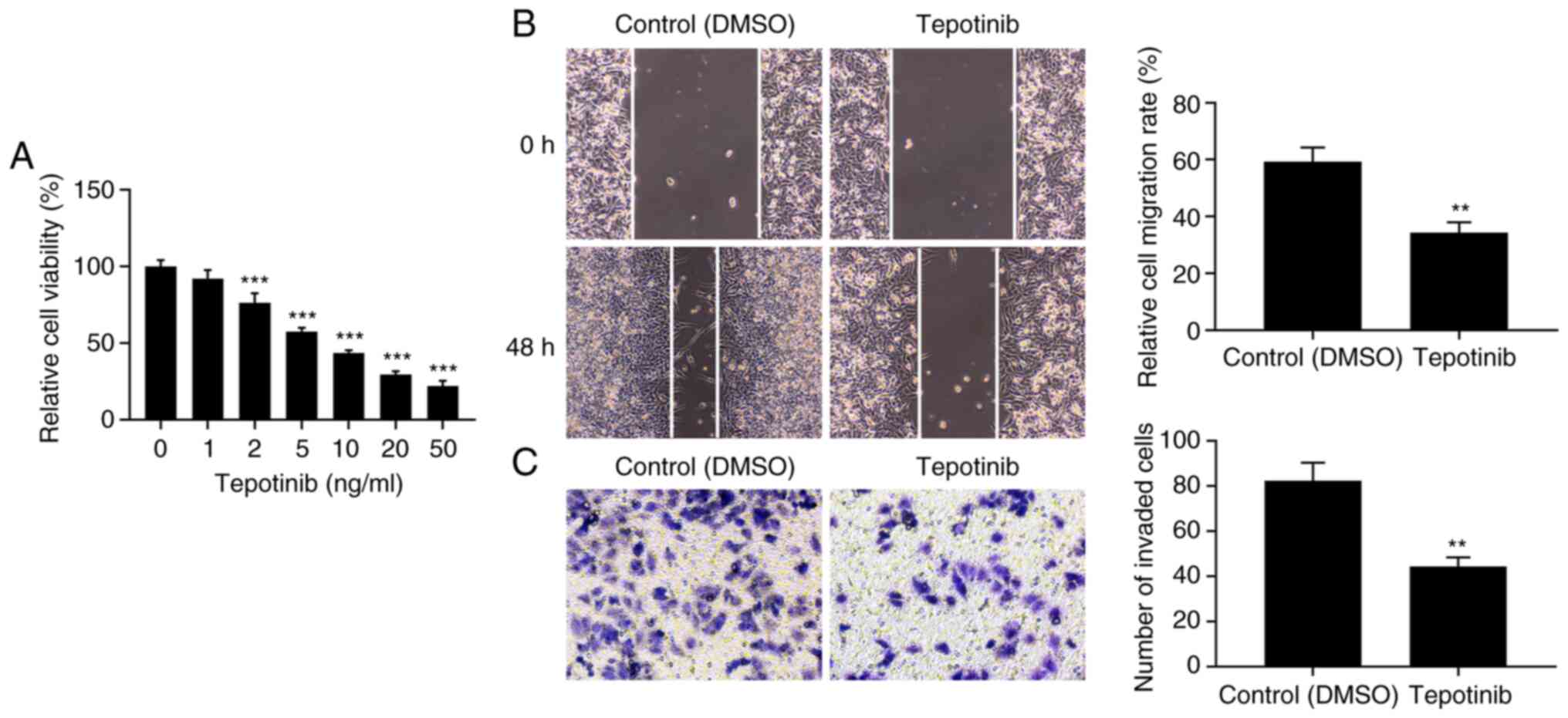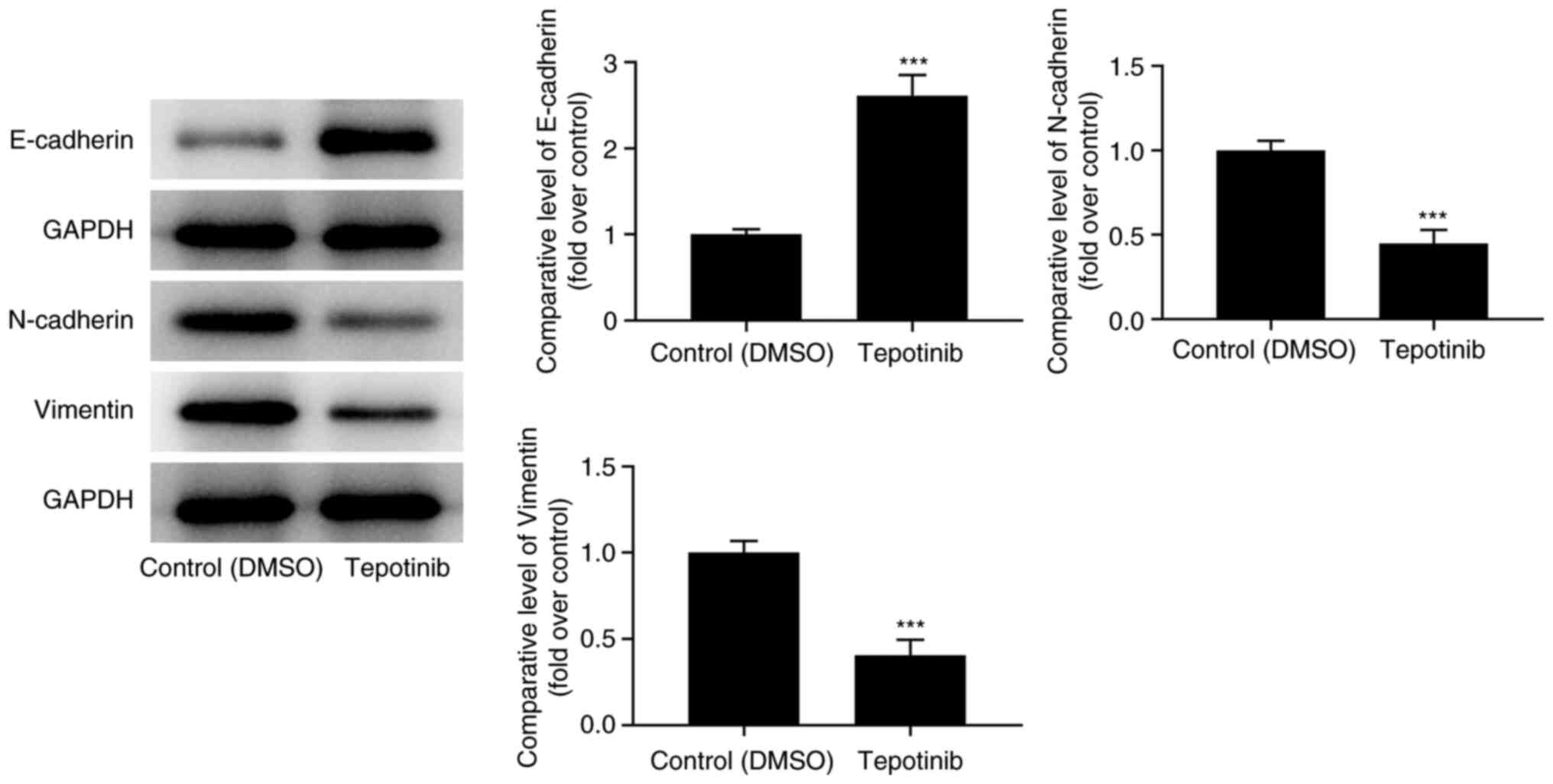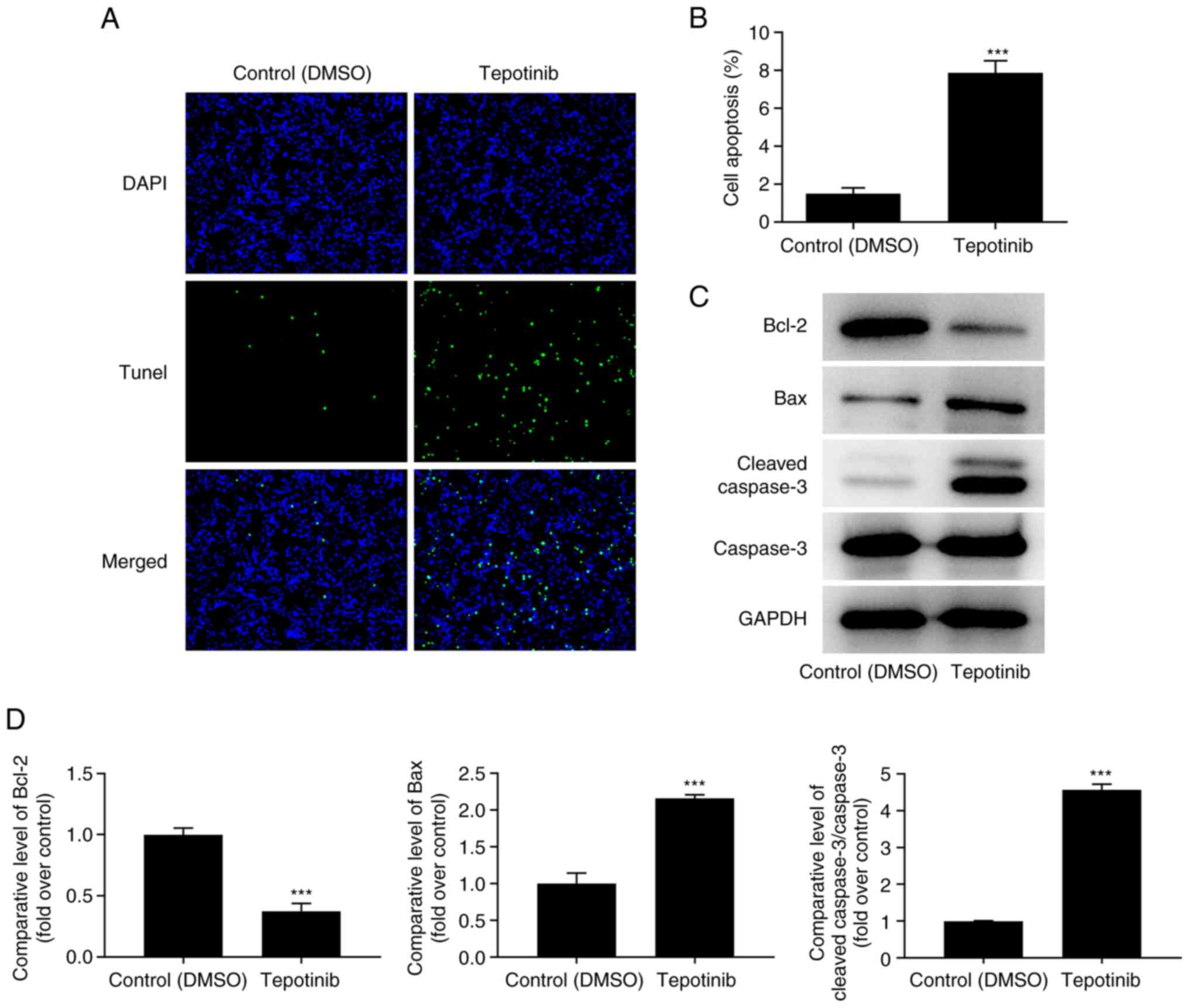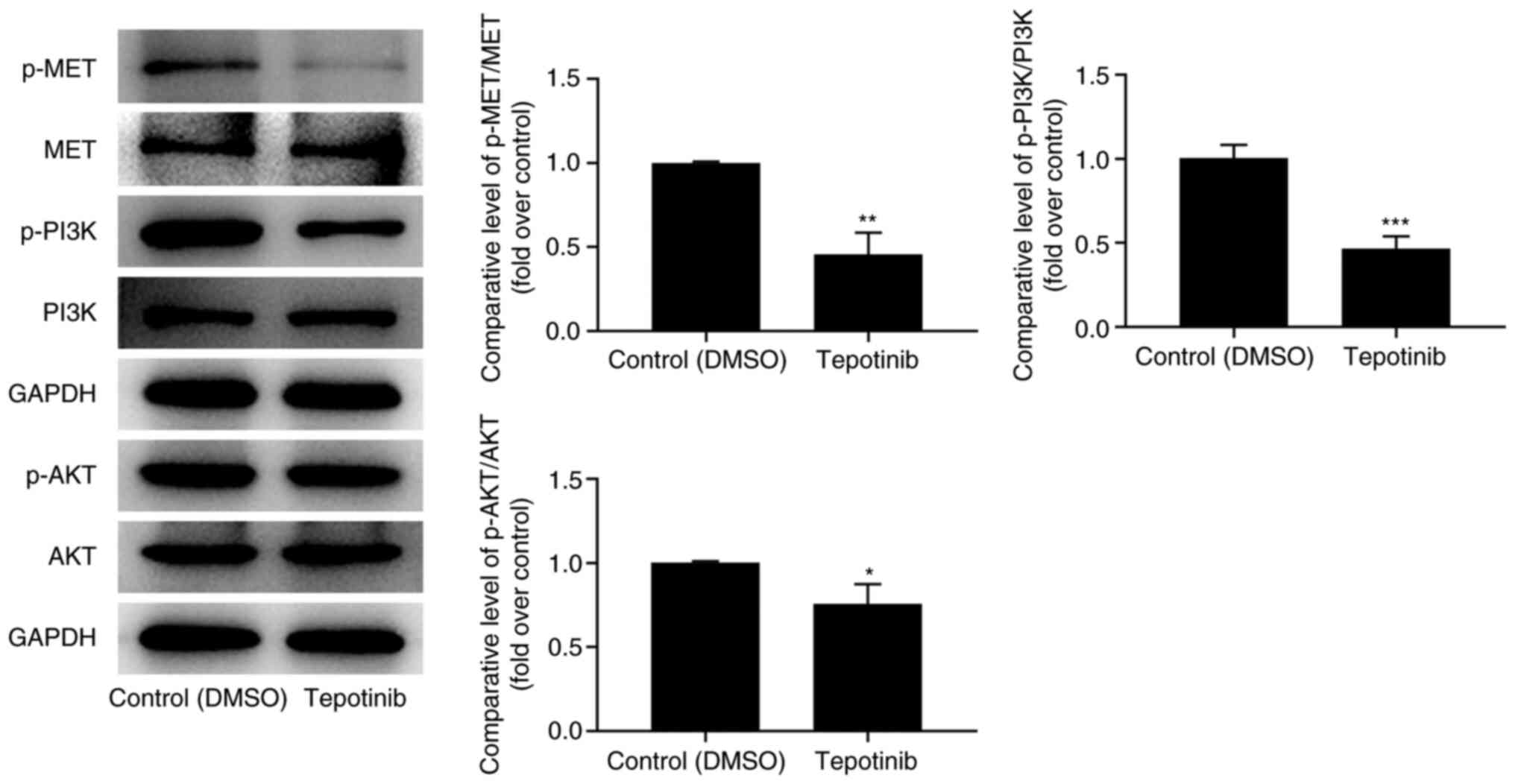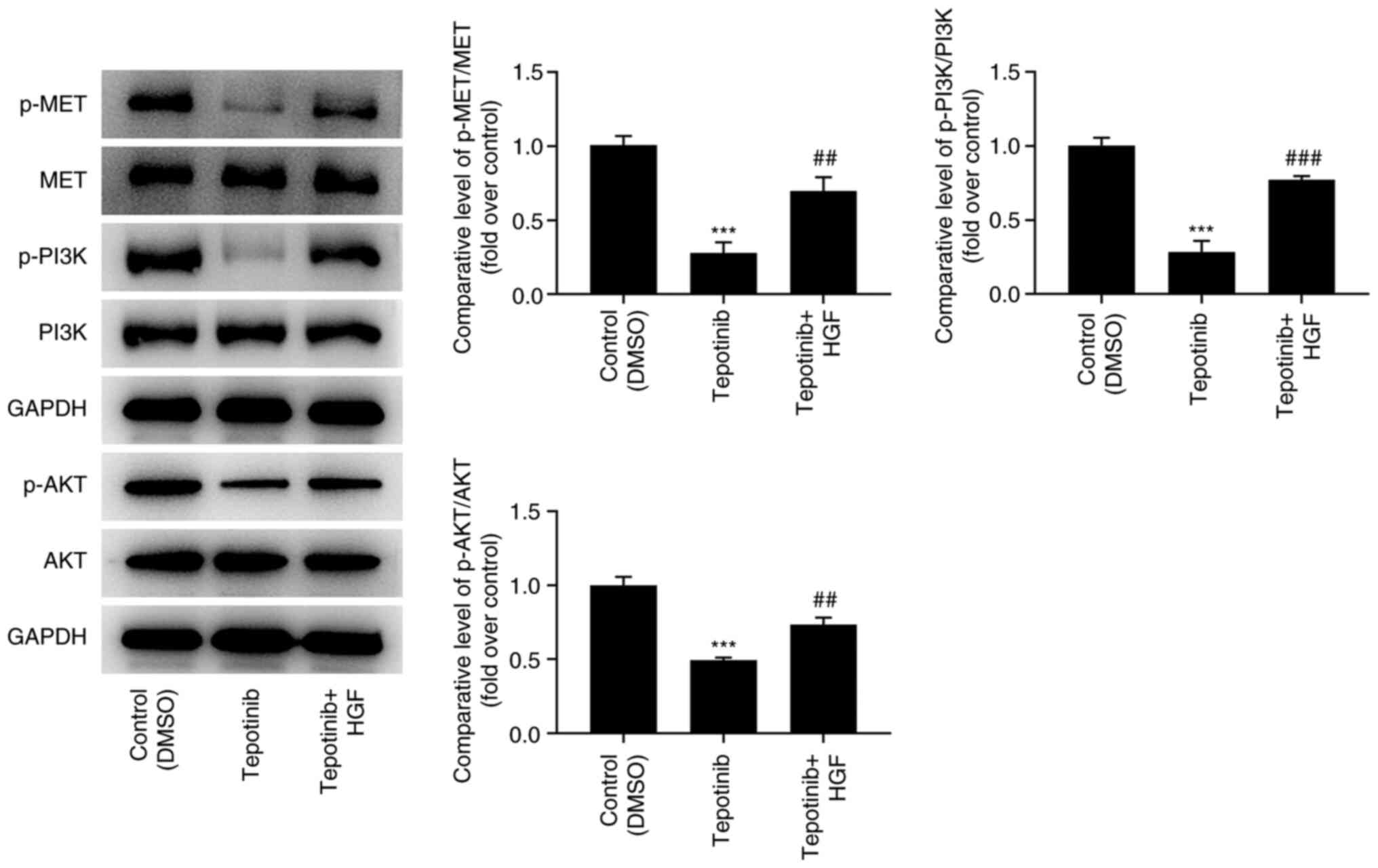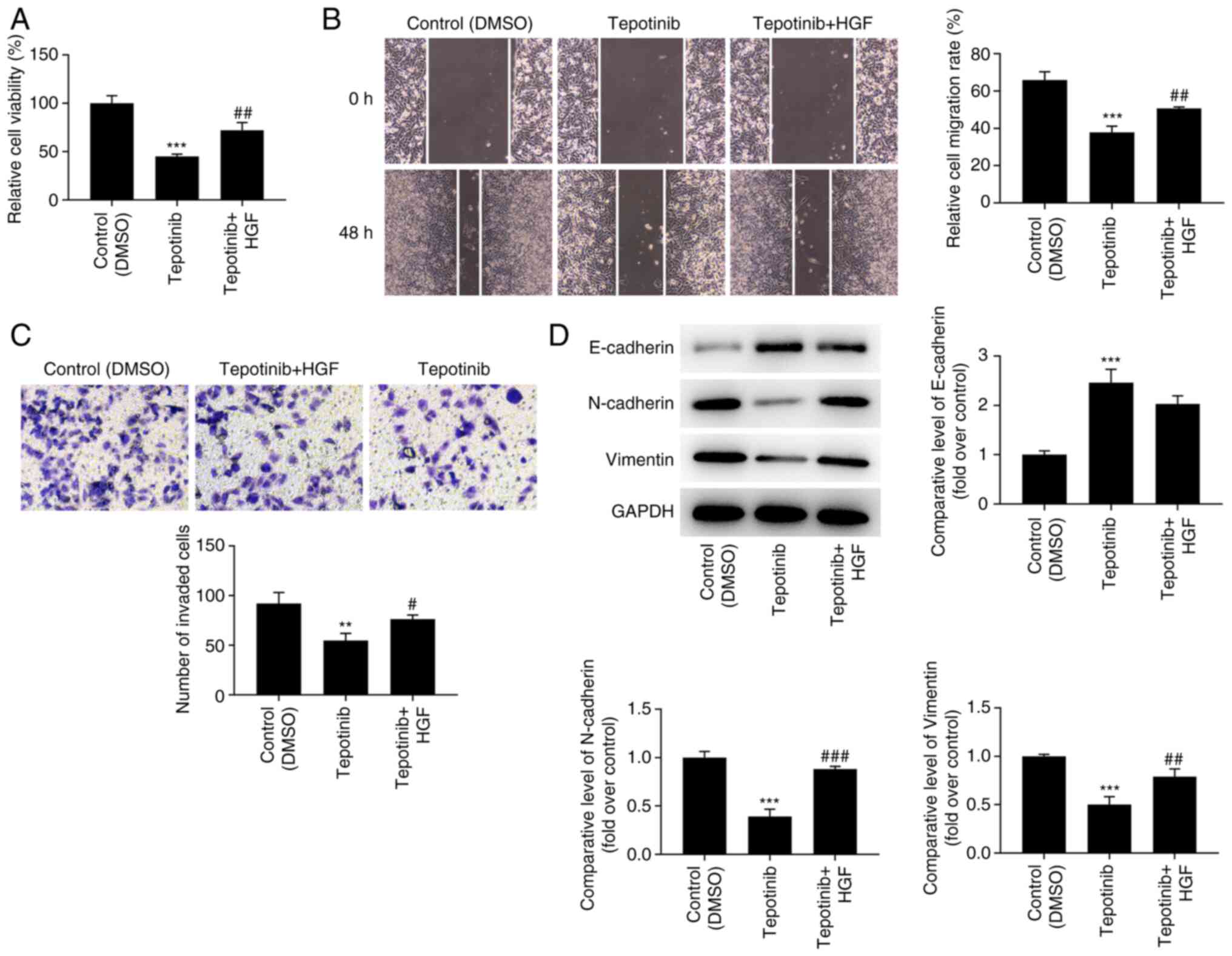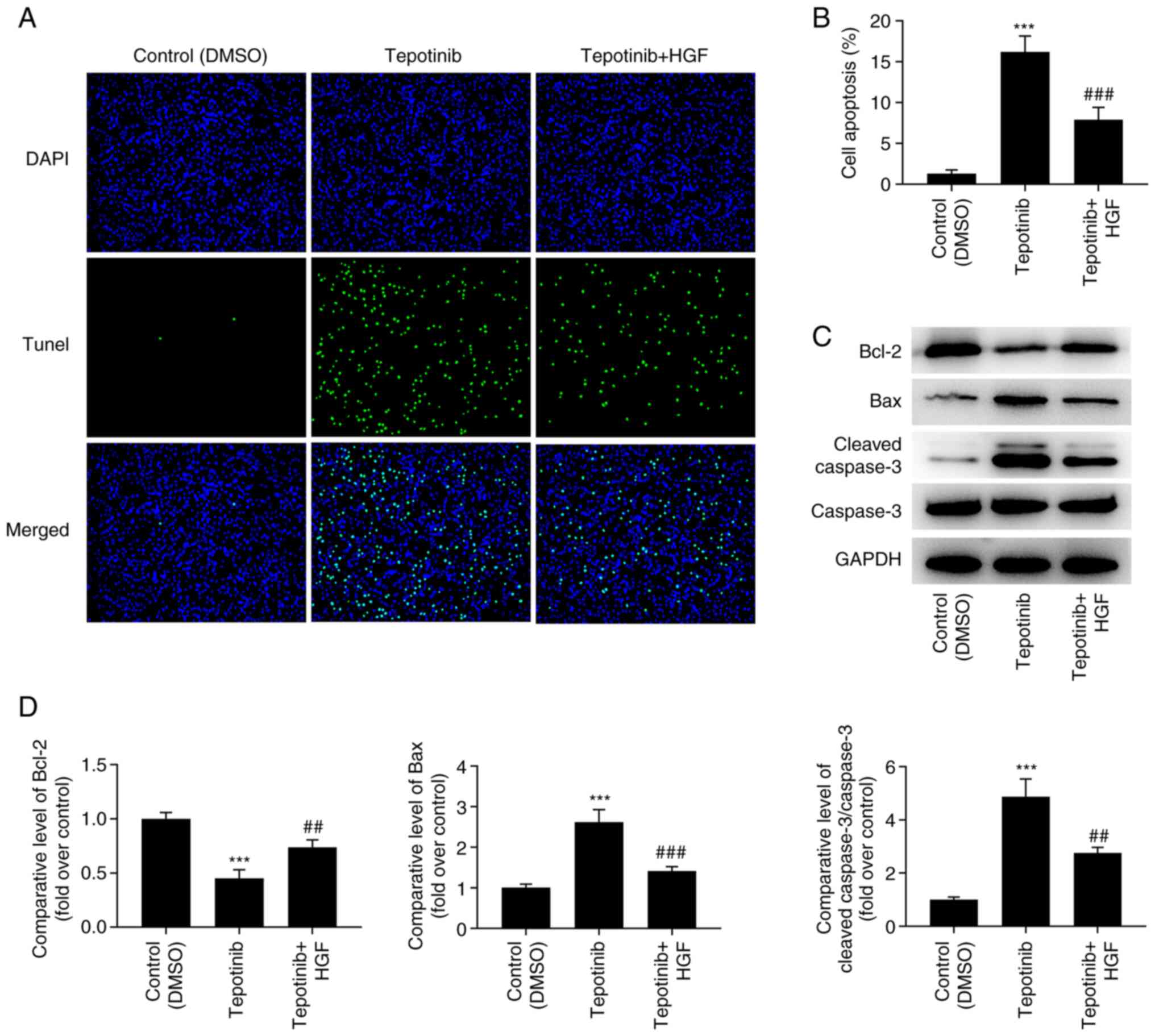|
1
|
Bai R, Huang H, Li M and Chu M: Temporal
trends in the incidence and mortality of skin malignant melanoma in
China from 1990 to 2019. J Oncol. 24:99898242021.PubMed/NCBI
|
|
2
|
Magro CM, Crowson AN and Mihm MC: Unusual
variants of malignant melanoma. Mod Pathol. 19 (Suppl 2):S41–S70.
2006. View Article : Google Scholar : PubMed/NCBI
|
|
3
|
Koh HK: Cutaneous melanoma. N Engl J Med.
325:171–182. 1991. View Article : Google Scholar : PubMed/NCBI
|
|
4
|
Miller AJ and Mihm MC Jr: Melanoma. N Engl
J Med. 355:51–65. 2006. View Article : Google Scholar : PubMed/NCBI
|
|
5
|
Arrington JH III, Reed RJ, Ichinose H and
Krementz ET: Plantar lentiginous melanoma: A distinctive variant of
human cutaneous malignant melanoma. Am J Surg Pathol. 1:131–143.
1977. View Article : Google Scholar : PubMed/NCBI
|
|
6
|
Clark WH Jr, From L, Bernardino EA and
Mihm MC: The histogenesis and biologic behavior of primary human
malignant melanomas of the skin. Cancer Res. 29:705–727.
1969.PubMed/NCBI
|
|
7
|
McGovern VJ: The classification of
melanoma and its relationship with prognosis. Pathology. 2:85–98.
1970. View Article : Google Scholar : PubMed/NCBI
|
|
8
|
de Souza CF, Morais AS and Jasiulionis MG:
Biomarkers as key contributors in treating malignant melanoma
metastases. Dermatol Res Pract. 2012:1560682012. View Article : Google Scholar : PubMed/NCBI
|
|
9
|
Fecher LA, Cummings SD, Keefe MJ and Alani
RM: Toward a molecular classification of melanoma. J Clin Oncol.
25:1606–1620. 2007. View Article : Google Scholar : PubMed/NCBI
|
|
10
|
Somasundaram R, Villanueva J and Herlyn M:
Intratumoral heterogeneity as a therapy resistance mechanism: Role
of melanoma subpopulations. Adv Pharmacol. 65:335–359. 2012.
View Article : Google Scholar : PubMed/NCBI
|
|
11
|
Falchook GS, Kurzrock R, Amin HM, Xiong W,
Fu S, Piha-Paul SA, Janku F, Eskandari G, Catenacci DV, Klevesath
M, et al: First-in-man phase I trial of the selective MET inhibitor
tepotinib in patients with advanced solid tumors. Clin Cancer Res.
26:1237–1246. 2020. View Article : Google Scholar : PubMed/NCBI
|
|
12
|
Friese-Hamim M, Bladt F, Locatelli G,
Stammberger U and Blaukat A: The selective c-Met inhibitor
tepotinib can overcome epidermal growth factor receptor inhibitor
resistance mediated by aberrant c-Met activation in NSCLC models.
Am J Cancer Res. 7:962–972. 2017.PubMed/NCBI
|
|
13
|
Sohn SH, Sul HJ, Kim B, Kim BJ, Kim HS and
Zang DY: Tepotinib inhibits the epithelial-mesenchymal transition
and tumor growth of gastric cancers by increasing GSK3beta,
E-cadherin, and mucin 5AC and 6 levels. Int J Mol Sci. 21:60272020.
View Article : Google Scholar : PubMed/NCBI
|
|
14
|
Bladt F, Faden B, Friese-Hamim M, Knuehl
C, Wilm C, Fittschen C, Grädler G, Meyring M, Dorsch D, Jaehrling
F, et al: EMD 1214063 and EMD 1204831 constitute a new class of
potent and highly selective c-Met inhibitors. Clin Cancer Res.
19:2941–2951. 2013. View Article : Google Scholar : PubMed/NCBI
|
|
15
|
Bladt F, Friese-Hamim M, Ihling C, Wilm C
and Blaukat A: The c-met inhibitor MSC2156119J effectively inhibits
tumor growth in liver cancer models. Cancers (Basel). 6:1736–1752.
2014. View Article : Google Scholar : PubMed/NCBI
|
|
16
|
De Silva DM, Roy A, Kato T, Cecchi F, Lee
YH, Matsumoto K and Bottaro DP: Targeting the hepatocyte growth
factor/Met pathway in cancer. Biochem Soc Trans. 45:855–870. 2017.
View Article : Google Scholar : PubMed/NCBI
|
|
17
|
Cao HH, Cheng CY, Su T, Fu XQ, Guo H, Li
T, Tse AKW, Kwan HY, Yu H and Yu ZL: Quercetin inhibits HGF/c-Met
signaling and HGF-stimulated melanoma cell migration and invasion.
Mol Cancer. 14:1032015. View Article : Google Scholar : PubMed/NCBI
|
|
18
|
Xie Y, Shi X, Sheng K, Han G, Li W, Zhao
Q, Jiang B, Feng J, Li J and Gu Y: PI3K/Akt signaling transduction
pathway, erythropoiesis and glycolysis in hypoxia (Review). Mol Med
Rep. 19:783–791. 2019.PubMed/NCBI
|
|
19
|
Tan AC: Targeting the PI3K/Akt/mTOR
pathway in non-small cell lung cancer (NSCLC). Thorac Cancer.
11:511–518. 2020. View Article : Google Scholar : PubMed/NCBI
|
|
20
|
Davies MA: The role of the PI3K-AKT
pathway in melanoma. Cancer J. 18:142–147. 2012. View Article : Google Scholar : PubMed/NCBI
|
|
21
|
Ferlay J, Colombet M, Soerjomataram I,
Parkin DM, Piñeros M, Znaor A and Bray F: Cancer statistics for the
year 2020: An overview. Int J Cancer. Apr 5–2021.(Epub ahead of
print). View Article : Google Scholar
|
|
22
|
Lu W, Zhang H, Niu Y, Wu Y, Sun W, Li H,
Kong J, Ding K, Shen HM, Wu H, et al: Long non-coding RNA linc00673
regulated non-small cell lung cancer proliferation, migration,
invasion and epithelial mesenchymal transition by sponging
miR-150-5p. Mol Cancer. 16:1182017. View Article : Google Scholar : PubMed/NCBI
|
|
23
|
Pistritto G, Trisciuoglio D, Ceci C,
Garufi A and D'Orazi G: Apoptosis as anticancer mechanism: function
and dysfunction of its modulators and targeted therapeutic
strategies. Aging (Albany NY). 8:603–619. 2016. View Article : Google Scholar : PubMed/NCBI
|
|
24
|
Paik PK, Felip E, Veillon R, Sakai H,
Cortot AB, Garassino MC, Mazieres J, Viteri S, Senellart H,
Meerbeeck JV, et al: Tepotinib in non-small-cell lung cancer with
met exon 14 skipping mutations. N Engl J Med. 383:931–943. 2020.
View Article : Google Scholar : PubMed/NCBI
|
|
25
|
Lee YJ, Kim DH, Lee SH, Kim DW, Nam HS and
Cho MK: Expression of the c-Met proteins in malignant skin cancers.
Ann Dermatol. 23:33–38. 2011. View Article : Google Scholar : PubMed/NCBI
|
|
26
|
Recio JA and Merlino G: Hepatocyte growth
factor/scatter factor activates proliferation in melanoma cells
through p38 MAPK, ATF-2 and cyclin D1. Oncogene. 21:1000–1008.
2002. View Article : Google Scholar : PubMed/NCBI
|
|
27
|
Otsuka T, Takayama H, Sharp R, Celli G,
LaRochelle WJ, Bottaro DP, Ellmore N, Vieira W, Owens JW, Anver M
and Merlino G: c-Met autocrine activation induces development of
malignant melanoma and acquisition of the metastatic phenotype.
Cancer Res. 58:5157–5167. 1998.PubMed/NCBI
|
|
28
|
Beuret L, Flori E, Denoyelle C, Bille K,
Busca R, Picardo M, Bertolotto C and Ballotti R: Up-regulation of
MET expression by alpha-melanocyte-stimulating hormone and MITF
allows hepatocyte growth factor to protect melanocytes and melanoma
cells from apoptosis. J Biol Chem. 282:14140–14147. 2007.
View Article : Google Scholar : PubMed/NCBI
|
|
29
|
Cheng JC, Chou CH, Kuo ML and Hsieh CY:
Radiation-enhanced hepatocellular carcinoma cell invasion with
MMP-9 expression through PI3K/Akt/NF-kappaB signal transduction
pathway. Oncogene. 25:7009–7018. 2006. View Article : Google Scholar : PubMed/NCBI
|
|
30
|
Chen WY, Xu YY and Zhang XY: Targeting
GOLM1 by microRNA-200a in melanoma suppresses cell proliferation,
invasion and migration via regulating PI3K/Akt signaling pathway
and epithelial-mesenchymal transition. Eur Rev Med Pharmacol Sci.
23:6997–7007. 2019.PubMed/NCBI
|
|
31
|
Dang N, Meng X, Ma S, Zhang Q, Sun X, Wei
J and Huang S: MDA-19 suppresses progression of melanoma via
inhibiting the PI3K/Akt pathway. Open Med (Wars). 13:416–424. 2018.
View Article : Google Scholar : PubMed/NCBI
|
|
32
|
Wang J, Li L, Liu S, Zhao Y, Wang L and Du
G: FOXC1 promotes melanoma by activating MST1R/PI3K/AKT.
Oncotarget. 7:84375–84387. 2016. View Article : Google Scholar : PubMed/NCBI
|
|
33
|
Choi EO, Cho EJ, Jeong JW, Park C, Hong
SH, Hwang HJ, Moon SK, Son CG, Kim WJ and Choi YH: Baicalein
inhibits the migration and invasion of B16F10 mouse melanoma cells
through inactivation of the PI3K/Akt signaling pathway. Biomol Ther
(Seoul). 25:213–221. 2017. View Article : Google Scholar : PubMed/NCBI
|
|
34
|
Sharma N and Adjei AA: In the clinic:
Ongoing clinical trials evaluating c-MET-inhibiting drugs. Ther Adv
Med Oncol. 3 (Suppl 1):S37–S50. 2011. View Article : Google Scholar : PubMed/NCBI
|















